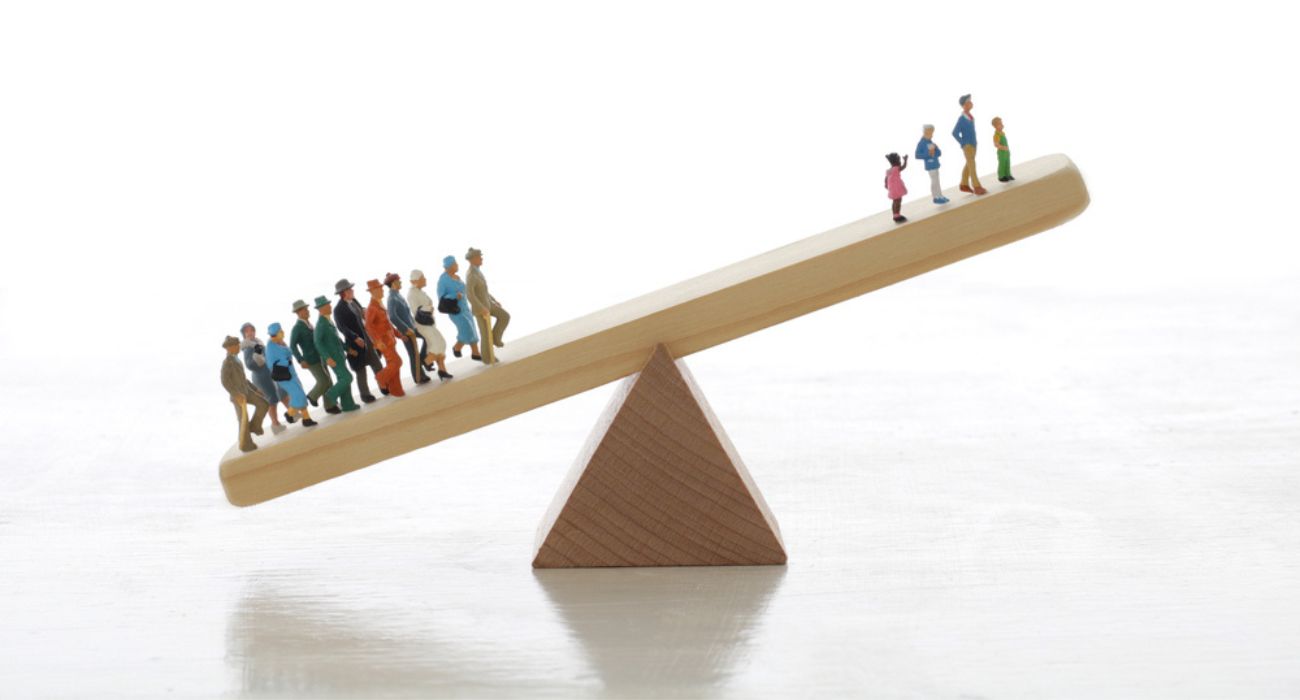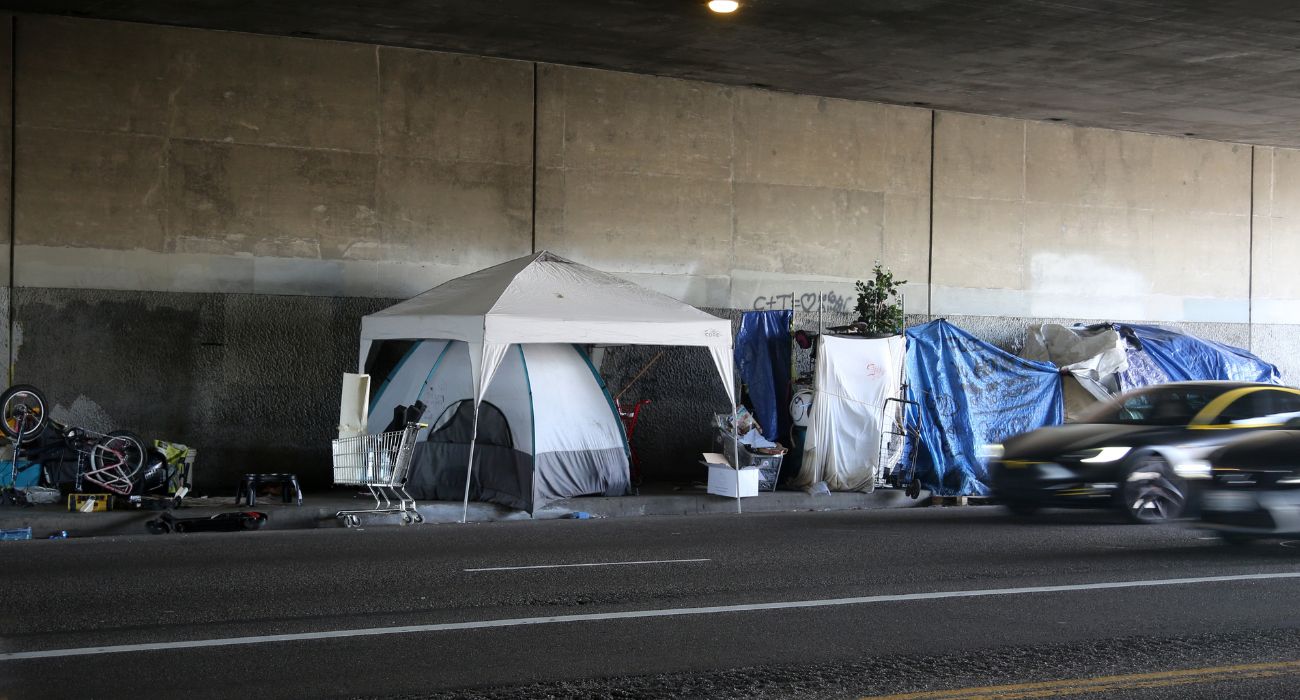Demographers are sounding the alarm over the significant slump in U.S. birth rates.
Amid mounting data showing a population slowdown in the United States and other developed nations, some experts have called attention to the serious consequences such a slowdown might have on various elements of society.
As previously reported by The Dallas Express, there have been 900,000 fewer births in the United States over the last five years. CDC data shows that the number of live births per 1,000 women dropped from 13.5 in 2009 to 11.4 in 2019.
“The U.S. population is generally projected to grow, albeit slowly, between 2023 and 2053, averaging 0.3% annually before the population plateaus and begins to decline. However, this growth will be driven almost exclusively by immigration,” said demographer Bradley Schurman, according to Fox 4 KDFW.
“The population shift will have a calamitous effect on the economy, evidenced by what’s happening in rural America today, which is already experiencing rapid population aging and decline,” Schurman added.
Fewer births could put a greater strain on Social Security and other taxpayer-funded programs and entitlements, not to mention fuel a worsening shortage of workers who can fill jobs in certain industries like health care and aviation.
Entrepreneurial activity overall could drop due to a decline in the number of workers and consumers, said Brad Wilcox, a professor at Brigham Young University and senior fellow at the Institute for Family Studies, per Fox 4.
Moreover, the shrinking population of school-age children could further diminish enrollment numbers, forcing schools that rely on per-student tax revenue to close.
However, some experts see the demographic shift as not only inevitable, given rising life expectancies, but also manageable.
Daniel Moss, a columnist for Bloomberg, pointed to the relative prosperity and low unemployment rate of Japan as an example of an aging population with a low birth rate that did not necessarily end up in economic ruin.
Some have also suggested that the declining birth rates could actually lead to technological advancements. For instance, a 2021 study out of MIT found a causal relationship between a locale’s aging population and its investments in robotics and automation. This was true for countries like South Korea, Japan, and Germany.
Still, the collapsing birth rate begs the question: what is driving this demographic issue, and what could be done to remedy it?
According to Lyman Stone, a demographer specializing in fertility, life milestones like marriage and parenthood are being delayed by economic constraints.
“Income is coming later and later in life. … You buy a house later, you get married later, you have a certain amount of savings later,” Stone told Fox 4.
“So by the time people feel ready to handle having children, it’s sometimes too late,” he added.
Similarly, Dowell Myers, a professor of urban planning and demography at the University of Southern California, suggested that the declining birth rate might be a “barometer of despair,” according to CBS News.
“The cost of housing, the cost of education, all these things have become more and more difficult,” Dowell explained.
Some experts claim policymakers need to meet these difficulties head-on.
Stone said, “We need to make it so that marriage doesn’t lead to a penalty from the government like it does for a lot of people. So addressing marriage penalties and addressing housing costs by aggressively building housing, both of those would have a signal impact on helping people have those kids that they say they want.”






